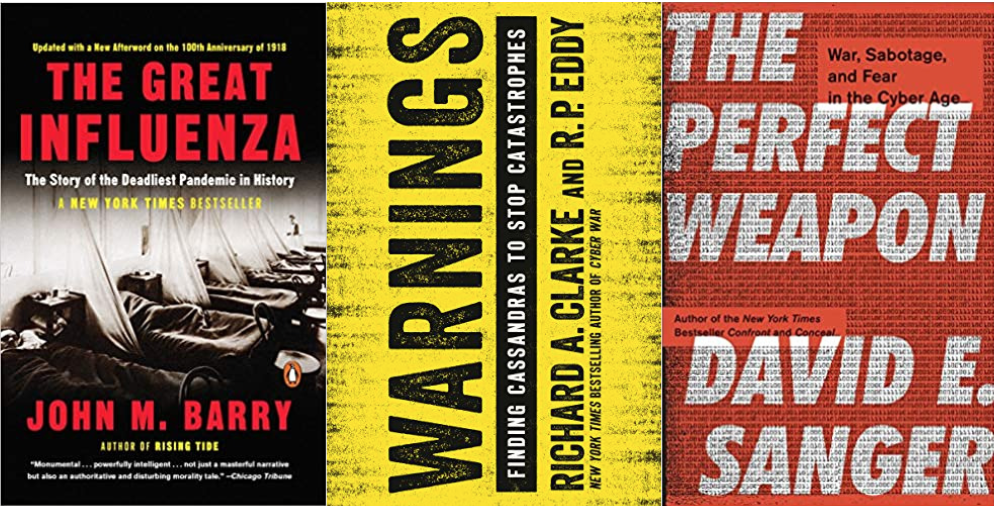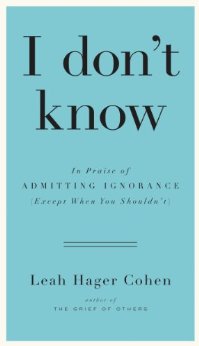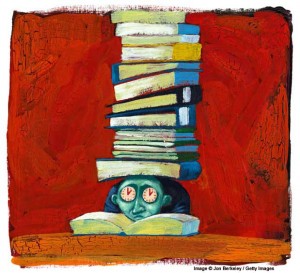In my cybersecurity career, I’ve learned it’s best to prepare for any scenario, no matter how scary or improbable. The current pandemic is certainly the former and was considered the latter by many people even a few short weeks ago.
I’m no fan of needless alarm and believe fear is an inconsistent teacher. But to truly prepare for whatever may come, one must peer into uncomfortable truths. Then we can adapt and, from there, thrive.
Recently I’ve read three books that present stark, sobering scenarios and offer lessons to help us face down COVID-19.
The Great Influenza: The Story of the Deadliest Pandemic in History
by John M. Barry
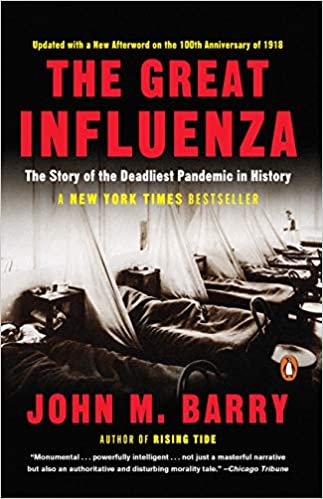
This first book is all about the science and politics of a pandemic. Barry paints a terrifying picture of the 1918–1920 Spanish Flu pandemic. He digs into the history of medicine itself, explores the myriad ways governments and communities failed to take the proper steps to contain the contagion and, most importantly, explores the heroes and medical advancements that came about during and after the event.
I see us making a lot of the same mistakes amid COVID-19 — mixed messages from government officials, lack of preparedness and people who waited too long to take it seriously. But I also see us doing a lot of things better, particularly in the social distancing department.
Warnings: Finding Cassandras to Stop Catastrophes
by Richard A. Clarke and R.P. Eddy
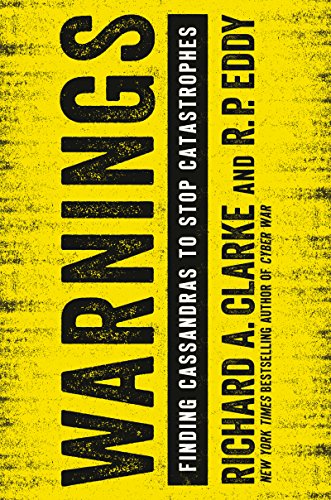
Warnings covers pandemics and other potentially unthinkable events involving terrorism, AI run afoul and cyber warfare.
As the authors write:
In Greek mythology Cassandra foresaw calamities, but was cursed by the gods to be ignored. Modern-day Cassandras clearly predicted the disasters of Katrina, Fukushima, the Great Recession, the rise of ISIS, and many more. Like the mythological Cassandra, they were ignored. There are others right now warning of impending disasters, but how do we know which warnings are likely to be right?
The book starts by outlining a method to separate the real Cassandras from tin-hat hyperbole. It then spotlights experts who, at the time the book was written, had warned of future disasters involving everything from artificial intelligence to bio-hacking and, yes, deadly contagions and crippling economic contractions.
None of the people in this book fit the crazy alarmist criteria. All were highly experienced in their fields with rational reputations. We ignore the Cassandras at our peril.
The Perfect Weapon: War, Sabotage, and Fear in the Cyber Age
by David E. Sanger
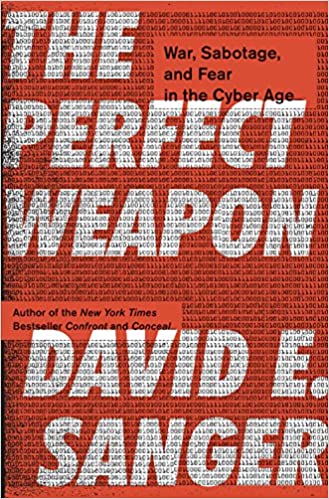
The Perfect Weapon covers cyber warfare, including the Stuxnet malware used to sabotage Iran’s nuclear program, North Korea’s attack against Sony over a Seth Rogan movie and Russia’s interference in the 2016 presidential election. It’s a favorite because I remember writing about these events as a journalist; now they’re part of an epic history.
Since Sanger writes for The New York Times, its review of the book is pretty self-serving. But having read the book, I find it aligns with what’s delivered:
The great value of The Perfect Weapon is less in its specific policy prescriptions than in its being the most comprehensive, readable source of information and insight about the policy quandaries that modern information technology and its destructive potential have spawned.
One thing I can tell you from my day job: Some of the bad guys outlined in this book are currently taking advantage of COVID-19 — targeting the VPNs, videoconferencing platforms like Zoom and messaging applications companies now rely on.
Business leaders can ground themselves in facts to steer their companies with using the publicly available content my company has been producing on the subject.

